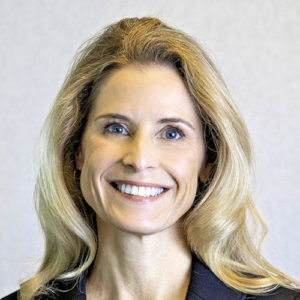Read part one, “Getting to Know the Advisors,” here.
An accountant is the advisor most likely to have detailed information on a donor’s tax and cash-flow situation, and they are often the closest and most trusted advisor for business owners. Therefore, an accountant may appreciate a detailed proposal about a charitable gift.
What they do for your donor
Accountants work with clients to optimize their charitable contributions for tax purposes. They provide advice on the tax implications of different donation strategies, both asset and method.
Accountants are also called upon to educate clients about the benefits and limitations of their charitable giving by explaining tax implications, contribution limits and any changes in tax laws that may affect charitable deductions. They then advise on structuring charitable gifts to maximize tax benefits for their client. This may involve recommending a certain asset, such as cash, securities or business interests, and a method, such as charitable trusts, donor advised funds or gift annuities.
Accountants play a key role by maintaining accurate records of all charitable contributions. This includes documenting the amount, date and recipient of each donation. This is the donor’s responsibility (not the donee organization). This record keeping is vital if a donor is facing an audit.
Accountants charge either an hourly fee or by the project. It is common to have a flat fee for the preparation of an income tax return and an hourly fee for the sale of a business interest, for example.
Regarding gift design bias
It’s important to know that the transfer of a client’s assets to charity will not affect their compensation. This mitigates a concern about gift design bias because an accountant’s compensation likely will not be affected by his client’s charitable gift.
“The Role of the Accountant” is part two in the five-part blog series “Getting To Know the Advisors” by Kristin Croone.
Read part three, “The Role of the Attorney,” here.
 Kristin Croone, JD, is a senior consultant who assists her clients with estate settlement as well as provides advice and develops strategies for successful gift planning programs. Connect with Kristin at LinkedIn or by email.
Kristin Croone, JD, is a senior consultant who assists her clients with estate settlement as well as provides advice and develops strategies for successful gift planning programs. Connect with Kristin at LinkedIn or by email.


